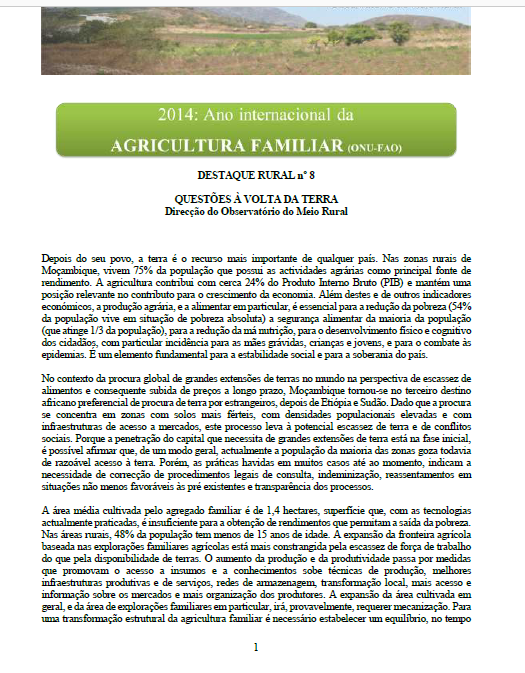Глобальный план действий по сохранению, рациональному Использованию и развитию лесных генетических ресурсов
"Лесные генетические ресурсы (ЛГР) – это передающиеся по наследству материалы, содержащиеся внутри одного и различных видов деревьев и других древесных растений, представляющих фактическую или потенциальную экономическую, экологическую, научную и социальную ценность. Они играют важную роль в адаптации и защите наших экосистем, ландшафтов и производственных систем, но подвергаются усиливающемуся давлению со стороны различных факторов, а также нерациональному использованию.





